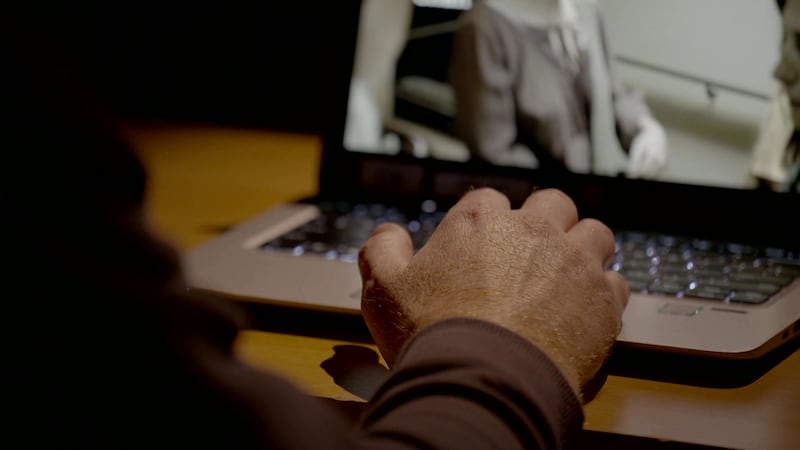A new study shows Māori rates of concern about the privacy of individuals and tamariki were much higher than the rest of Aotearoa.
Māori technology and data ethicist Dr Karaitiana Taiuru (Ngāi Tahu, Ngāti Kahungunu, Ngāti Toa) said it was positive that Māori were highly aware of their privacy.
“I think it’s a natural progression. Māori typically mistrust the government and other authority, I mean this spans back to the 1950s, 1960s [and] now we have social media, the internet, and artificial intelligence, which are all in our homes, it’s part of our everyday lives, Māori becoming more and more aware of the issues.
“It also reflects what I’m hearing at a marae on hapū level when I go out to communities. There is a lot of fear and a lot of misunderstanding about people’s privacy and what may or may not happen in the future.”
The biennial survey organisers spoke to 1200 Kiwis, included more than 320 Māori.
It found certain activities were avoided due to privacy concerns, with 44 per cent of Māori not using social media compared with 32 per cent for the rest of New Zealand.
| Activities avoided | Māori | Non-Māori |
|---|---|---|
| Online shopping | 43% | 26% |
| Online dating | 41% | 26% |
| Signing up for loyalty cards | 36% | 22% |
| Visiting places due to surveillance concerns | 30% | 14% |
| Contacting government agencies | 33% | 14% |
Children’s privacy was also a big concern for Māori compared with other Kiwis, showing 80 per cent said protecting kids’ information was a major concern in their life, while only 59 per cent of non-Māori were worried.
Some 88 per cent of the Māori participants wanted the government to pass more legislation to protect children’s privacy.
Taiuru said a key fact left out of the Privacy Commission press release was Māori people were more prone to being stalked and harassed online.
“Usually, the offenders know individual Māori people’s details, where they live [and] where they work.
“We have a huge issue of Māori being targeted like that and that’s a big reason why a lot of Māori disengage from the internet.”

Privacy Commissioner pou ārahi Shane Heremaia, (Ngati Tūwharetoa, Te Arawa) said Māori also expressed concerns about facial recognition.
“Facial recognition is clearly an issue for Māori. This reflects concerns expressed by the Privacy Commissioner about bias and accuracy in the use of facial recognition technology and how he’s worried about what this means for Māori, Pasifika, Indian, and Asian shoppers, especially when the software is not trained on New Zealand’s population.
“This included being concerned about it being used without people being told or agreeing to it, its use in retail stores to identify individuals and its use by law enforcement to identify individuals in public spaces.”
The 2024 research also showed four percentage points more Māori at 54 per cent were aware of their rights to obtain a copy of personal information any organisation has of them, under the Privacy Act, compared to 2022 which was 50 per cent.
“It’s clear Māori are increasingly aware of the importance of privacy and are wanting greater control of their personal privacy. There’s also a greater understanding of the possible negative consequences new technology like facial recognition technology might have and it’s important Māori views regarding privacy are represented and understood,” Heremaia said in a statement.
Taiuru’s advice was to be careful what people posted online for others to see.
“Anything you do say and any images you put online are public information, and there are people who use that information, there are organisations and companies that will keep on gathering up data about you and sell it to other companies.”


